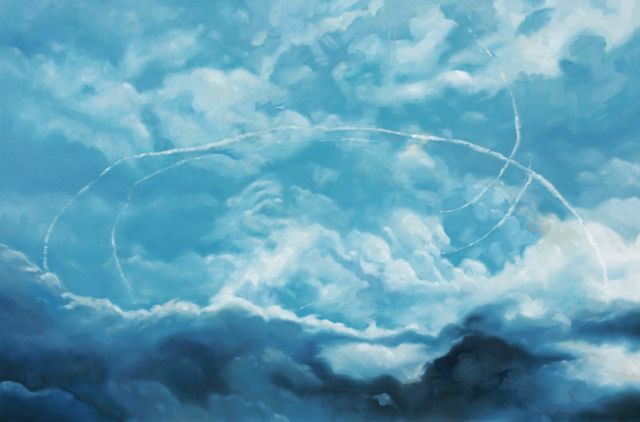“Do you know what a tower is?” The Crisis of 9/11 Remembrance Pedagogy in Samira Makhmalbaf’s God, Construction and Destruction
DOI:
https://doi.org/10.25071/1916-4467.36273Abstract
For Deborah Britzman and Alice Pitt (2004), “difficult knowledge” “signif[ies] the relations between representations of social trauma in curriculum and the individual's encounters with them in pedagogy” (p. 354). Difficult knowledge thus poses a twofold crisis for and of education. The remembrance of historical trauma is a crisis for education, since teaching and learning about such events are necessary when addressing their myriad legacies. It is also a crisis of education because the practices of teaching about and learning from traumatic experiences are themselves constituted by the events that education represents through pedagogy and curriculum. This paper takes up Britzman’s concept of “difficult knowledge” as it is embodied in the film God, Construction and Destruction. In particular, the paper unpacks the concept of difficult knowledge as it relates to the film’s aim of making 9/11 remembrance pedagogy more ethically accountable. This paper argues that the film’s portrayal of a “failed” lesson on 9/11 demonstrates how “strategic memorial practices” (Simon, Rosenberg, and Eppert, 2000, p. 3) risk equating 9/11 remembrance pedagogy with hegemonic and nationalist forms of remembrance that foreclose the crises that difficult knowledge otherwise poses. In its investigation into the futures of 9/11 remembrance pedagogy, the paper addresses three issues that preoccupy Makhmalbaf’s film: distinguishing between “learning from” versus “learning about” traumatic events; historicizing and contextualizing historical trauma; and lastly, assessing the significance of art and artists in education and public remembrance.Downloads
Published
21-12-2012
How to Cite
Espiritu, K. (2012). “Do you know what a tower is?” The Crisis of 9/11 Remembrance Pedagogy in Samira Makhmalbaf’s God, Construction and Destruction. Journal of the Canadian Association for Curriculum Studies, 10(2), 8–35. https://doi.org/10.25071/1916-4467.36273
Issue
Section
Articles
License

Copyright for work published in JCACS belongs to the authors. All work is licensed under a Creative Commons Attribution-ShareAlike 4.0 International license.


